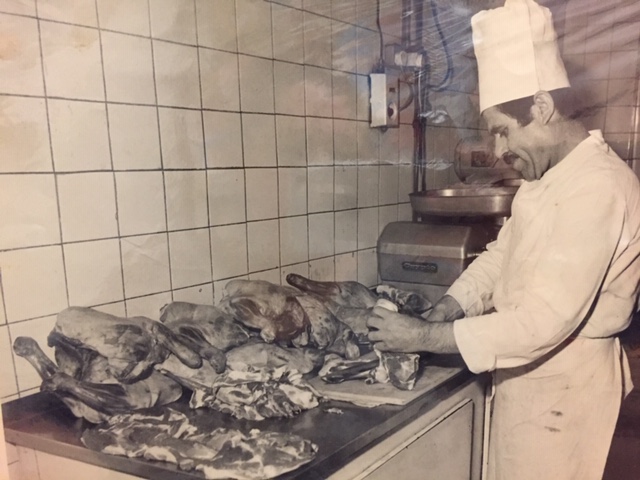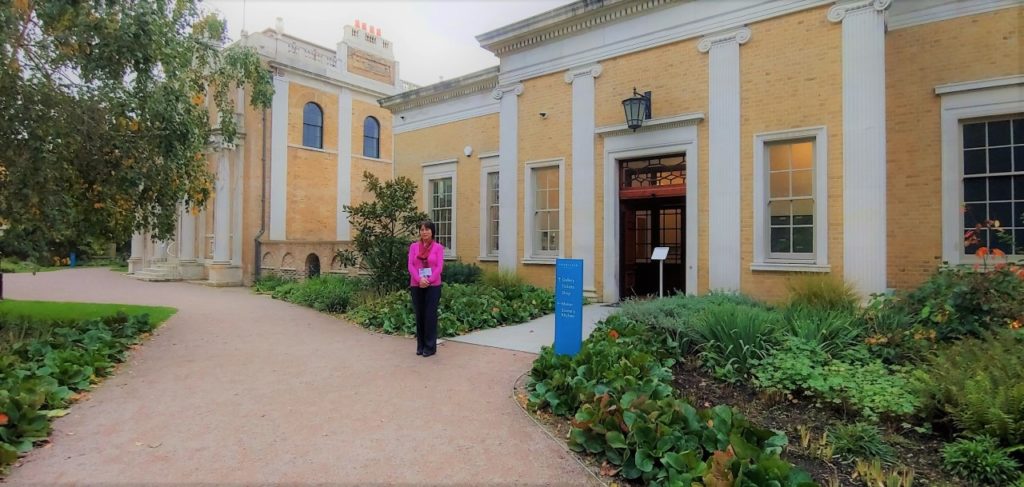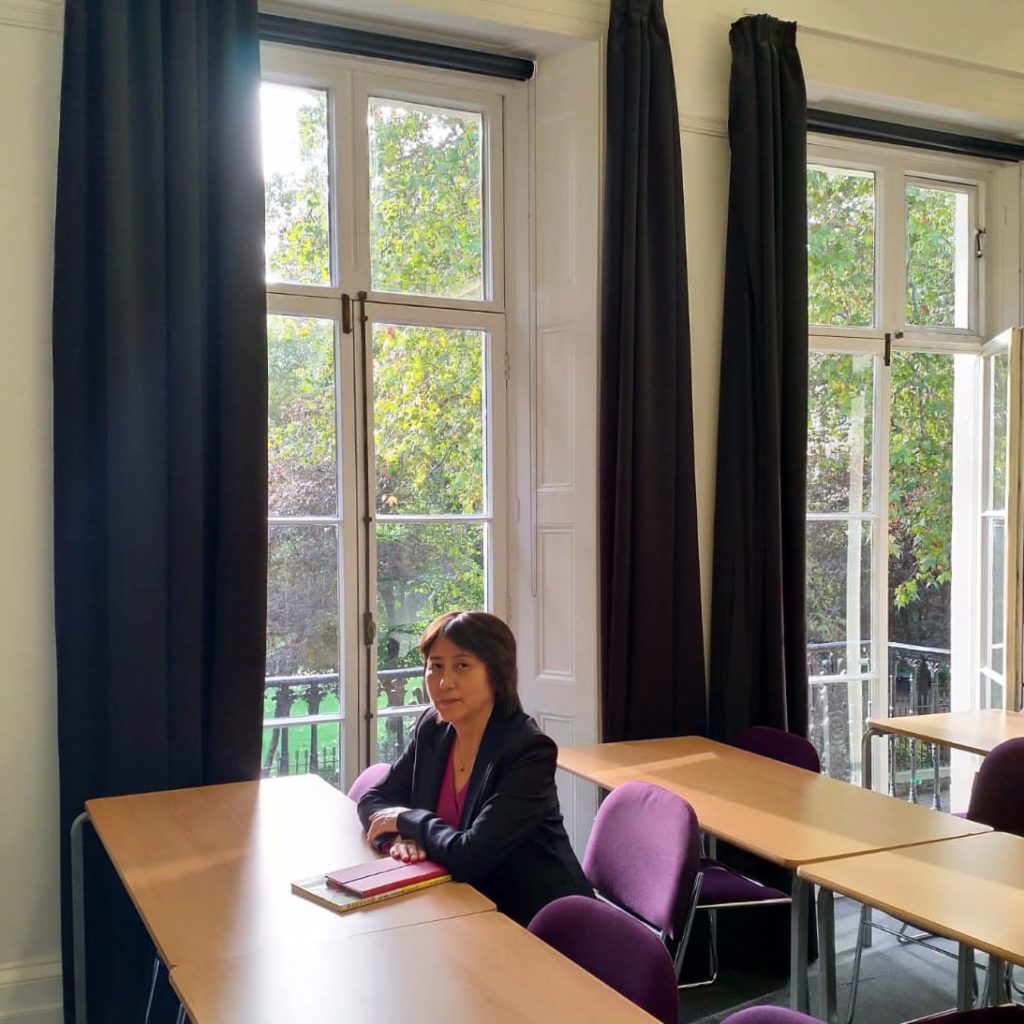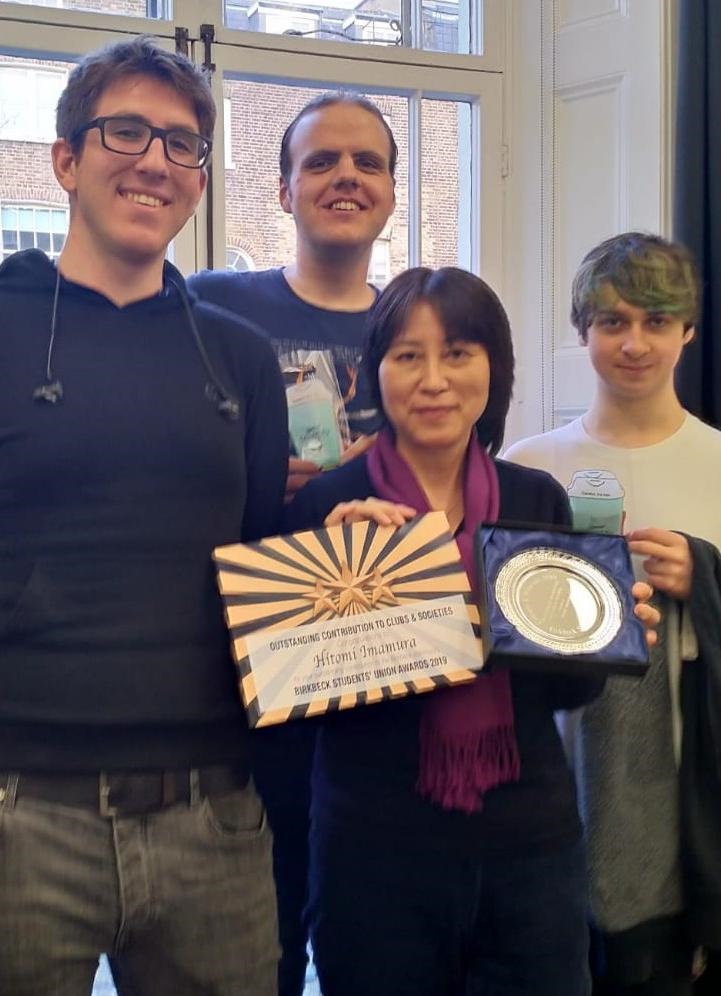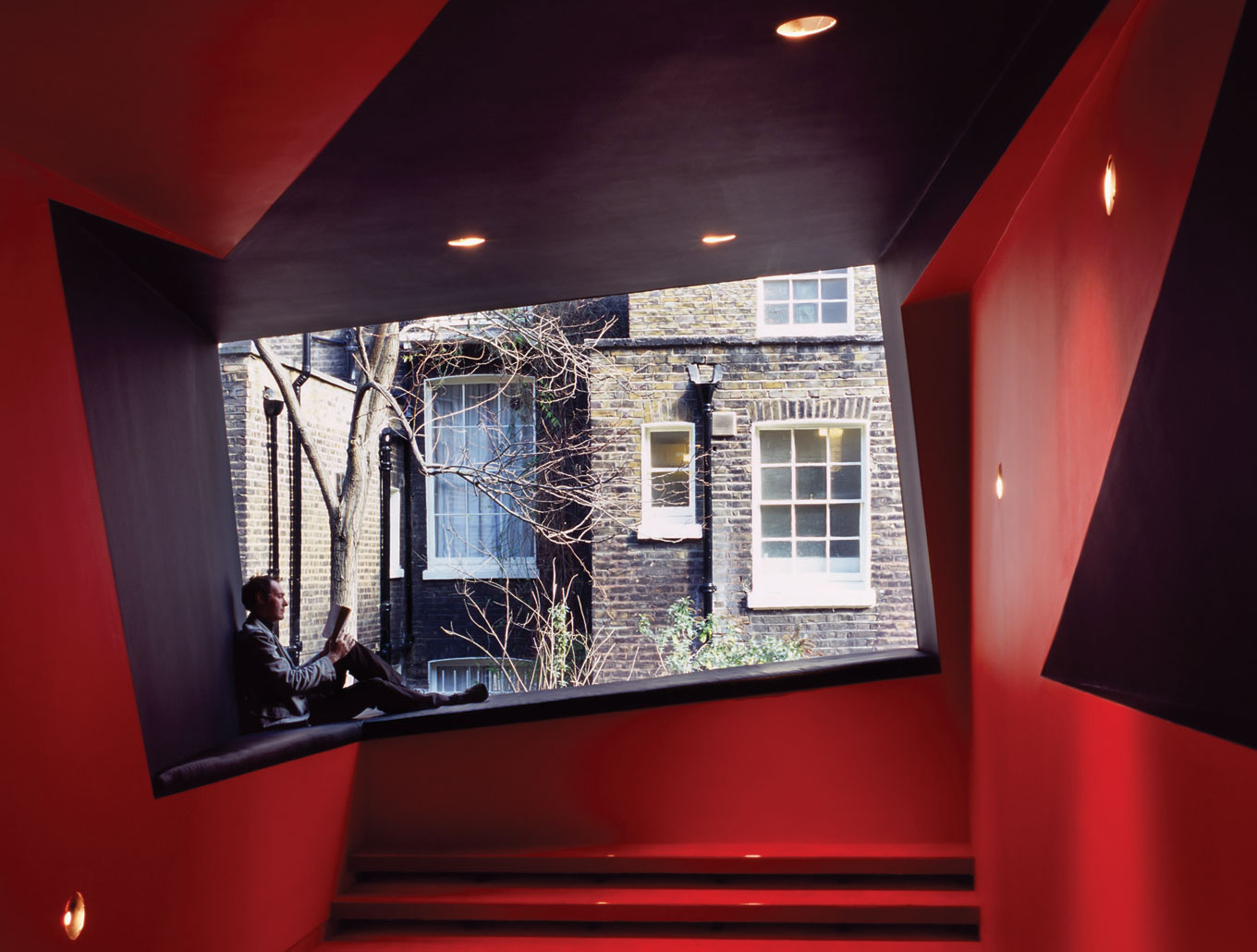Professor Bale recently elected President of New Chaucer Society and discusses a career-long interest in Chaucer and his intentions to broaden the appeal of the subject.
Some of us read Chaucer in school. What’s your earliest memory of the author’s work and what’s the relevance for our current times?
I didn’t actually read Chaucer at school – at my state school, the earliest literature I’d encountered before university was Shakespeare. However, I had long been interested in the Middle Ages and I immediately fell in love with medieval literature at university, whilst studying for my degree in English Language & Literature. I had some inspiring teachers at university and did special options on Chaucer and on Medieval & Renaissance Romance. Medieval literature remains relevant for our times – it helps us understand the language we speak, the changing idea of the nation we live in, and many of the institutions that continue to exist in contemporary Britain (for example, in the royal family, the legal system, universities, and local government). And London was Chaucer’s city – he lived for a time at Aldgate – and we can see traces of him and his era all across the city, from a bridge he had built at Eltham to his grave at Westminster. Chaucer’s poetry is incredibly rich, and even after studying Chaucer for more than 25 years, every time I go back to his writing I find something new and exciting.
Tell us a bit more about the New Chaucer Society?
The New Chaucer Society was founded in 1979 and is the leading, global learned society for the teaching and study of the age of Chaucer – basically, the later Middle Ages, broadly from the thirteenth to the early sixteenth centuries. The ‘New’ reflects the connection to the original Chaucer Society, founded in 1868. But I’d like to think that the ‘New’ in the Society’s name shows how each generation keeps Chaucer and his era new and fresh, bringing new critical perspectives to bear on his life, work, and historical era. The Society is based at the University of Miami in Florida, and has a biennial Congress – which I co-organised in London in 2016. We’ll be meeting in Durham later this year. The Society also publishes a leading journal, Studies in the Age of Chaucer, and has members all over the world working on medieval studies in different languages, national traditions and critical perspectives.
In your new position as President of the Society, what will you be focusing on and hoping to achieve?
The New Chaucer Society is flourishing but there are many challenges to be faced. I anticipate that priorities for the Society over the next few years include rethinking our biennial Congress and its purposes. The Congress has to be more ethical, sustainable, and inclusive, and we must protect and extend funding to ensure that those who wish to participate are able to do so. I also plan to advocate for the teaching of late medieval literature on school curricula and internationally, particularly in non-elite schools, and help to develop the Society’s profile as a resource for teachers of medieval literature at all levels. Without medieval literature on syllabi, we will not foster the next generation of medievalists.
How do those priorities fit into the general landscape for late Medieval English literature and culture?
Fewer and fewer schools and universities teach medieval literature, and it’s imperative that we don’t let this field of study dwindle away and become a ‘specialist’, niche field. Medieval studies has often had the reputation, as a field, of being conservative and exclusive. This cannot be the case, and I want to ensure that the Society remains an inclusive place for fresh critical debates in medieval studies.
It’s a great achievement to be elected President. Can you share what the process was; who was part of the nomination and election process?
The Society’s Trustees developed a slate of three names and an election took place across the Society’s entire membership, based on candidates’ statements.
What is the tenure and how large is your team at the Society?
The position commences in July 2020 and will run for two years. I’ll be working closely with the Society’s brilliant Executive Director, Tom Goodmann, at the University of Miami, and the Society’s Trustees. Four new Trustees were elected at the same time, and they are from Iceland and from across the USA.
How will this align with the role you hold at Birkbeck?
As Dean of Arts much of my energy has been focused on protecting the arts, addressing educational inequality, and leading change. This has included developing funding for diversity scholarships and co-founding the Out@Birkbeck LGBT+ staff network. My own research has been at the forefront of challenging understandings of the cultural history of medieval antisemitism and global encounters through travel in the Middle Ages. I have published on Chaucer throughout my career, and continue to do so.

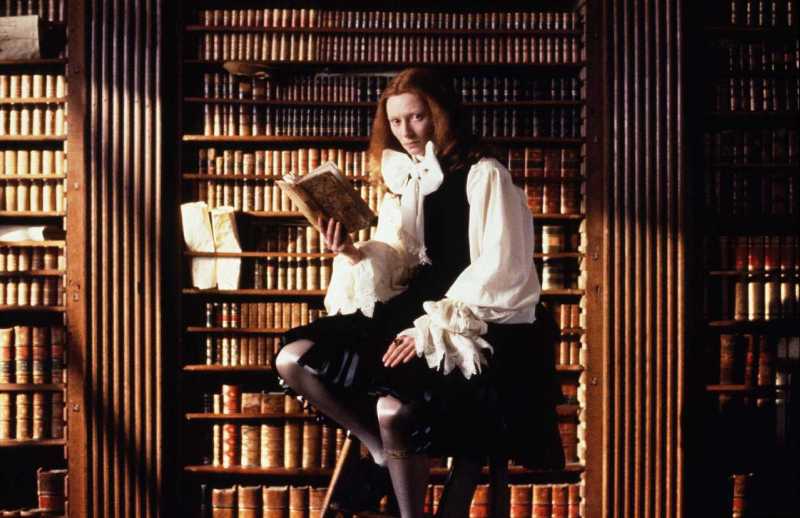
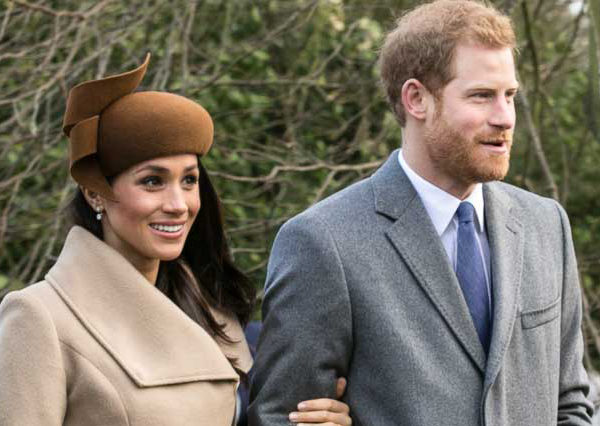
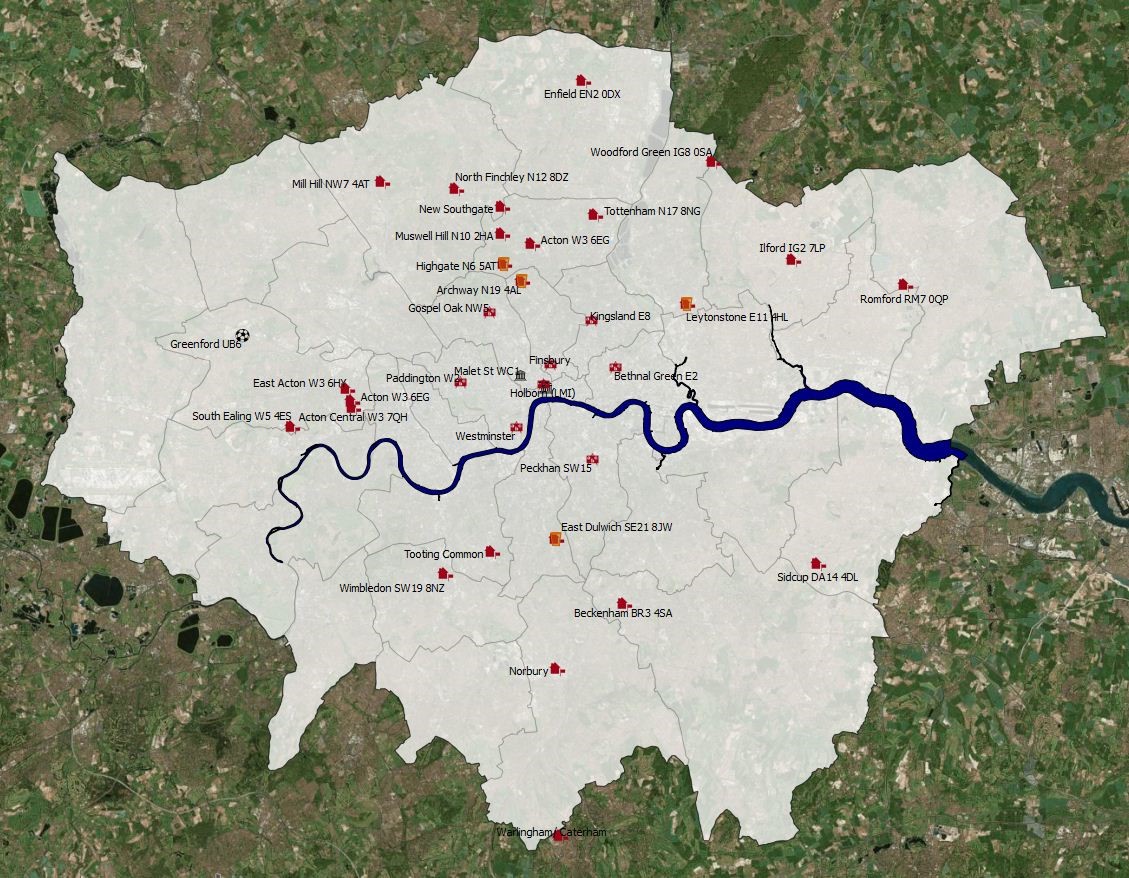
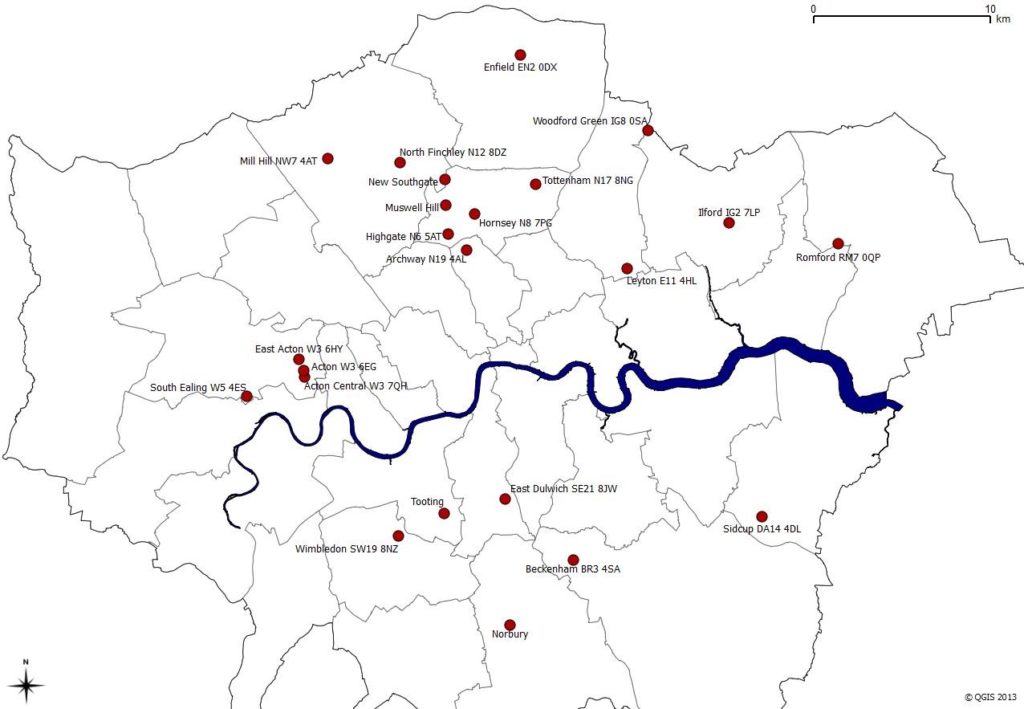
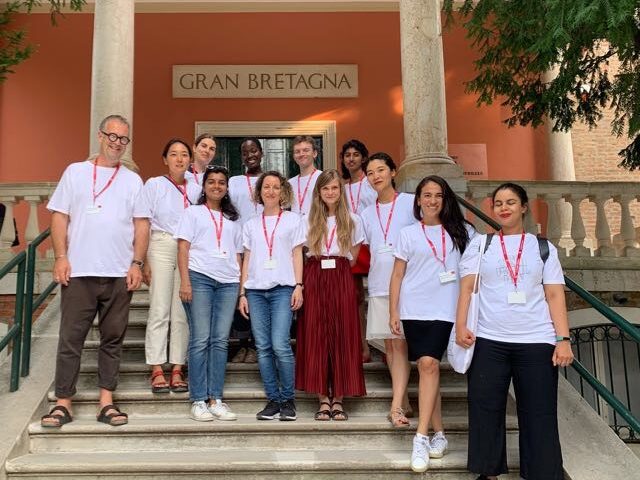
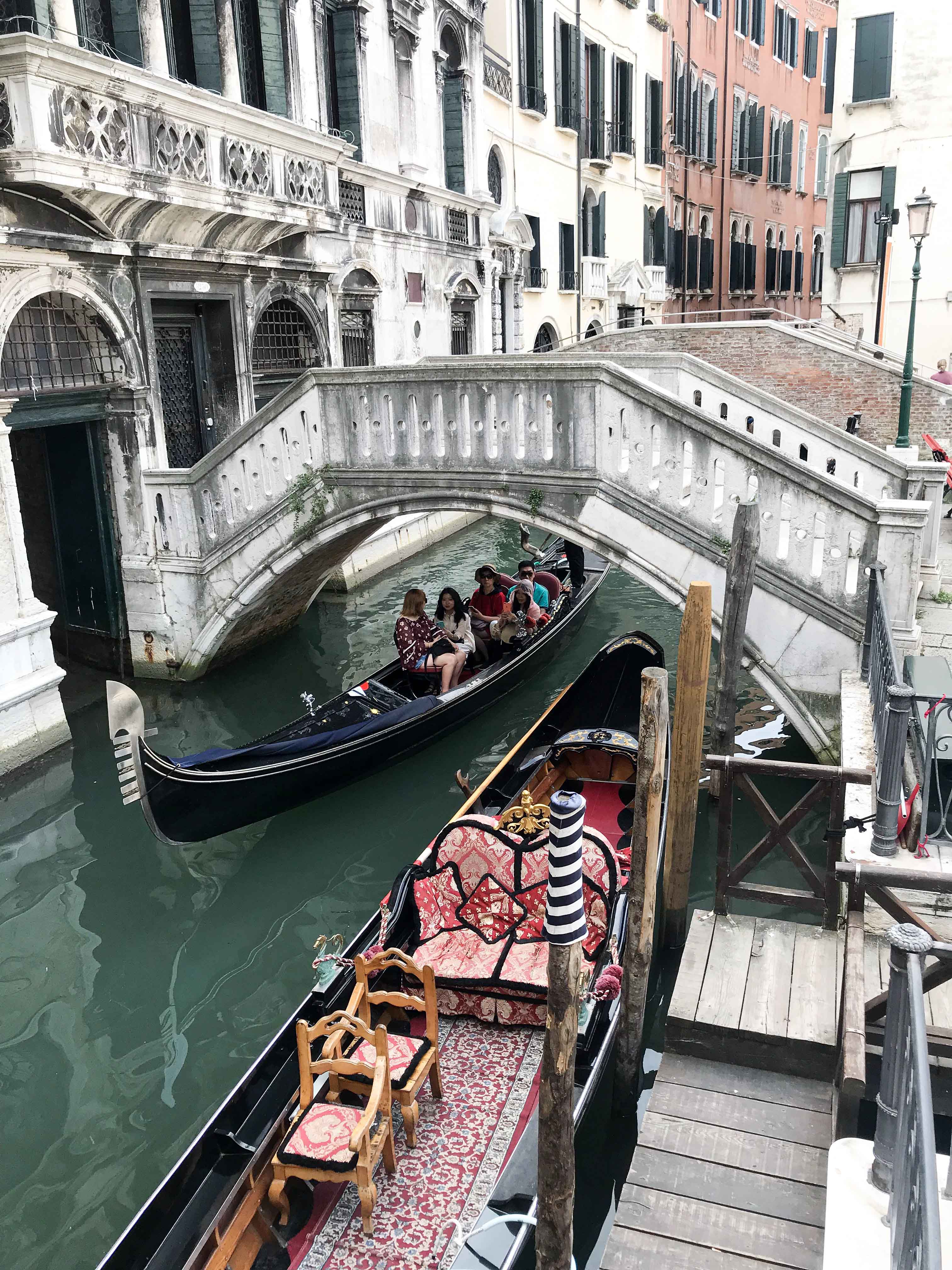 famed for its cicchetti and gelato and the beloved spritz. The historical landmarks, with their height and ornamental expressions of astonishing beauty, are also of course part of Venice’s reputation as a ‘must-visit’ destination. And, while the city is a wonderful representation of the value of tradition and heritage, Venice is equally known for its modern and contemporary art.
famed for its cicchetti and gelato and the beloved spritz. The historical landmarks, with their height and ornamental expressions of astonishing beauty, are also of course part of Venice’s reputation as a ‘must-visit’ destination. And, while the city is a wonderful representation of the value of tradition and heritage, Venice is equally known for its modern and contemporary art.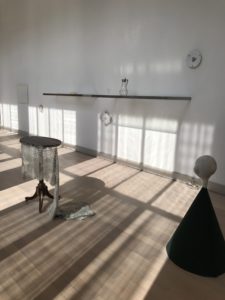 research conducted just before I travelled, I was not prepared for all the ways the event is challenged when it comes to issues around sustainability and Venice’s economic state.
research conducted just before I travelled, I was not prepared for all the ways the event is challenged when it comes to issues around sustainability and Venice’s economic state.
